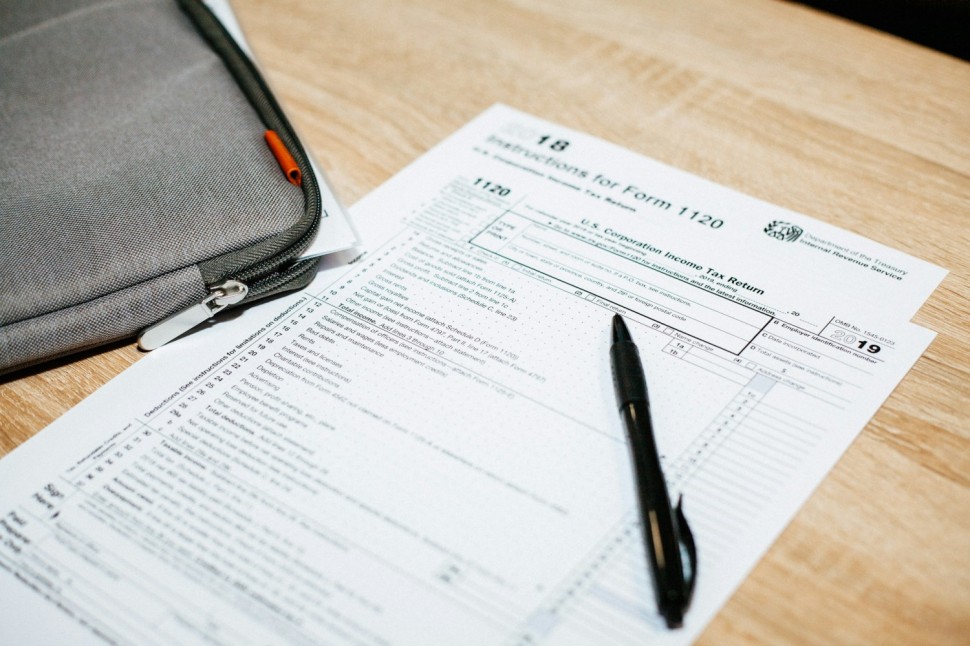IRS Rings Alarm Bells Over False Tax Returns
Thousands of American taxpayers could be in hot water with federal authorities for submitting false tax returns. The recent Internal Revenue Service (IRS) alert clearly warns of the consequences of fraudulent tax filings.

Tax Scams Lead to Serious Consequences
The IRS's concern focuses on tax scams related to the Fuel Tax Credit, Sick and Family Credit, and household employment taxes. Despite repeated warnings, the IRS has intercepted thousands of returns with questionable claims for these credits, leading to severe refund delays and demands for credentials affirming taxpayer eligibility.
Taxpayers, unwittingly or otherwise enticed by high refunds, are filing these questionable claims, exposing themselves to extensive review processes and long waits for other legitimate refunds. Danny Werfel, IRS Commissioner, signaled out scam artists and misleading social media posts as significant contributors to this issue, having tricked well-meaning taxpayers into believing they qualify for large refunds.
Cracking Down on Dubious Claims
The Fuel Tax Credit, predominantly serving off-highway business uses and farming, should be claimed only for legitimate business purposes and qualifying business activity. Claims made without valid business activity, like running a farm or using gasoline for aviation, fall into the dubious category.
With the pandemic waning, the Sick and Family Leave Credit, which supported self-employed individuals in 2020 and 2021, is no longer available for the tax year 2023. However, incorrect uses of Form 7202-a form designed for self-employed credits-have been noted. The IRS highlighted that these forms were wrongly utilized to claim credits based on income earned as employees rather than as self-employed individuals.
Other taxpayers have been found to make false household employment tax claims, inventing non-existent household help to claim refunds on bogus sick and family medical leave wages. Werfel noted that social media and shoddy tax advice are often the culprits behind these improper claims.
ALSO READ: Over 1 Million Tax Refunds Annually Redirected for Child Support at Risk Due to IRS Policy Shift
Taxpayers Required to Authenticate Their Claims
Affected taxpayers will be directed to confirm their identities and prove their eligibility for the claimed credits. When tax preparers are involved, the IRS looks explicitly for the preparer's signature on the return. The absence of such a signature is a significant red flag, indicating potential misleading by the preparer.
While taxpayers are not necessarily required to make a personal appearance at a Taxpayer Assistance Center, they may need to amend their return to remove fraudulently claimed credit.
Heightened Audit Rates and Fines on the Horizon
The IRS intends to significantly increase audit rates, especially those directed toward the wealthy. This increase aligns with efforts to ensure compliance across the board and uphold the tax system's integrity.
Those found to have falsely claimed credits on their returns could face fines of up to $5,000 per return. They also risk being subjected to an audit and, consequentially, facing criminal prosecution.
Providing Proof and Avoiding Legal Trouble
The IRS has advised those who have been flagged but are indeed eligible for the credits to present documentation substantiating their claims. In doing so, legitimate taxpayers can still navigate the complexities of tax claims without getting entangled in legal troubles.
However, those who claimed credits illegitimately must take immediate action to resolve their cases. The IRS's message is unequivocal: False claims delay refunds and put taxpayers at risk for audit and criminal prosecution, reinforcing the seriousness with which the agency regards the sanctity of the tax system.




